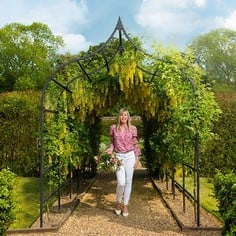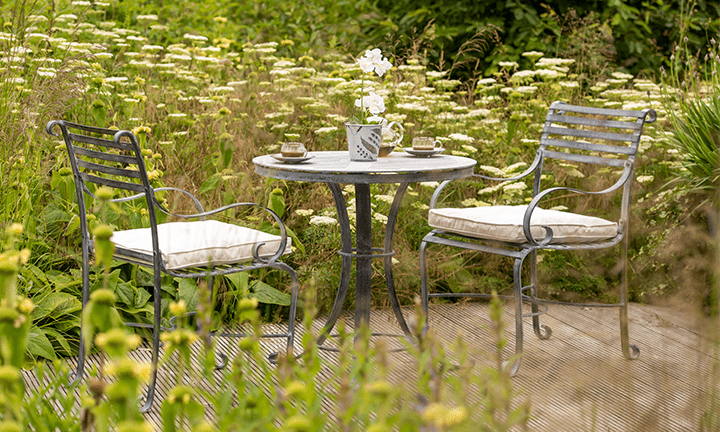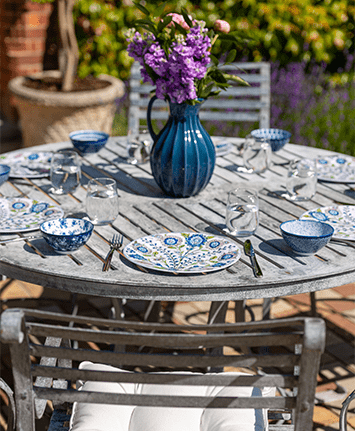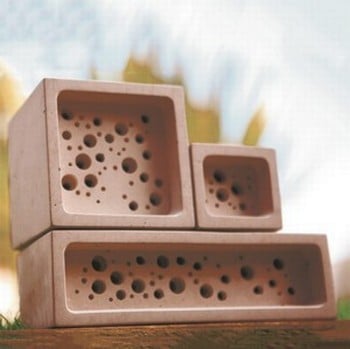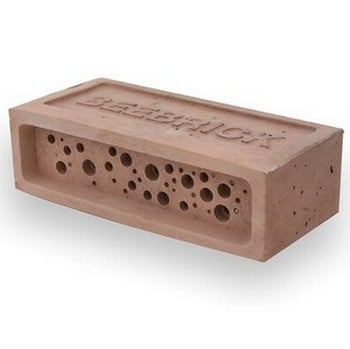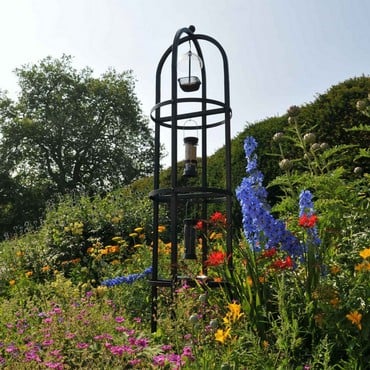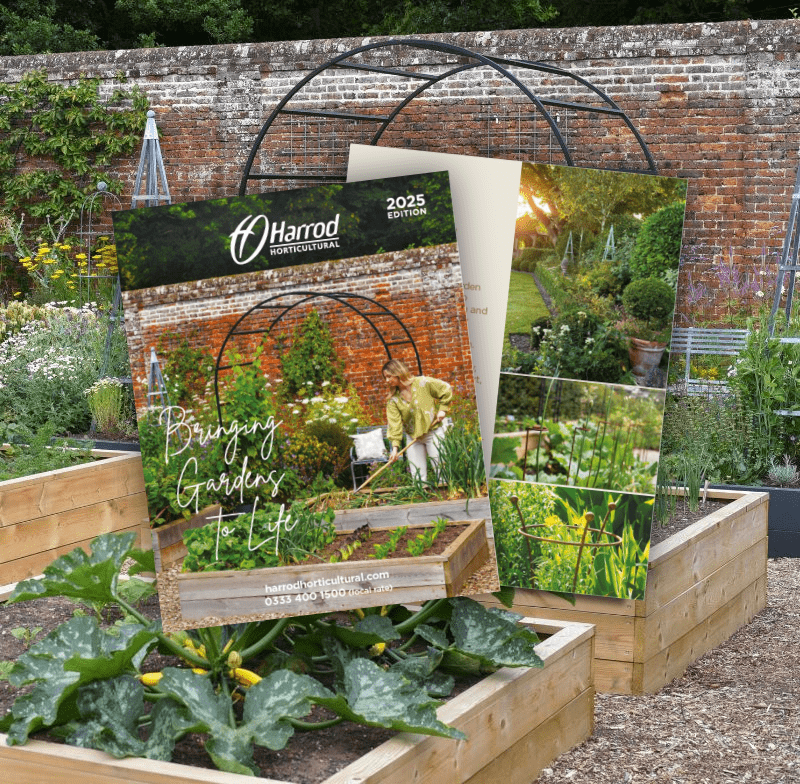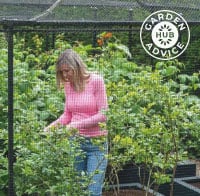Red Bee Brick
Increase your garden's bee population with these exclusive to Harrod Horticultural Red Bee Bricks, an exciting new innovation to create habitats for solitary bees and encouraging biodiversity
Read More
Made in the UK, exclusive to Harrod Horticultural Red Bee Bricks provide a stylish nesting site for red mason bees and leaf cutter bees, amongst others, and will make a great addition to any garden, allotment or building. The bee bricks are made from polished cast concrete and are available in small square only.
The bee bricks should be positioned in a warm sunny spot, south facing, with no vegetation in front of the holes, ideally placed about 1m from the ground. Each bee brick has cavities where the bees will lay their eggs, sealing the entrance with mud or chewed up vegetation. Offspring emerge in the Spring and begin the process of nesting again, repeating the cycle.
This stylish product makes a great gift and is also a brilliant way to teach kids more about the world around them.
- Exclusive Red Bee Bricks made from polished cast concrete
- Available in one size only now
- Small square - 65mm x 70mm x 105mm
- Provides nesting site for red mason bees, leaf cutter bees and others
- Position in warm sunny spot, south facing with no vegetation in front of the holes
- Ideally placed about 1m above the ground
- Ideal for urban areas with lack of nesting sites
- Increase your garden's bee population
- Encourages biodiversity
- Creates habitat for solitary bees
- Large rectangle brick can replace a standard brick in construction
Solitary bees are facing a dramatic decline in numbers due to disease, an increase in chemical use and habitat loss. The role they play in pollination accounts for around 1/3 of the food we eat and they are therefore a vital part of our environment. The bee brick can be used in urban spaces and places where there may not be alternative nesting sites for bees, either built into a wall or building or stood alone in a garden or allotment. Solitary bees are harmless and will not sting you unless you squash them, even then their stings are not painful, meaning they are safe to encourage around pets and children.








